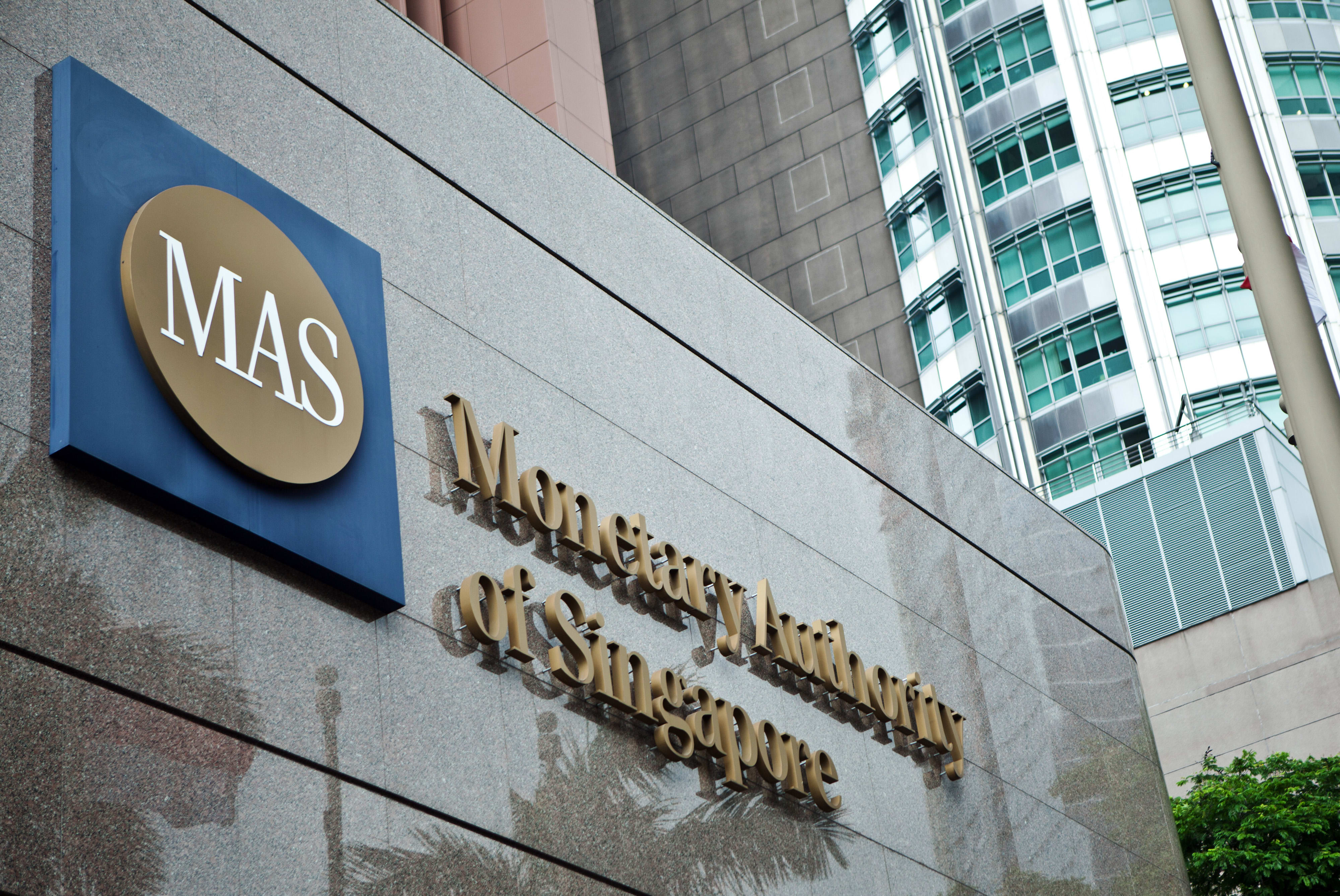
Signage for the Monetary Authority of Singapore (MAS) is displayed outside the central bank’s headquarters in Singapore.
Sam Kang Li | Bloomberg | Getty Images
Singapore’s economy is still in a “dire” situation due to the coronavirus pandemic, with unemployment and corporate bankruptcies likely to increase in the coming months, the country’s central bank said Thursday.
The Southeast Asian economy entered a technical recession after shrinking by 41.2% in the second quarter compared with the previous quarter, according to advance estimates released this week by the Ministry of Trade and Industry. Its official forecast is for the economy to contract between 4% and 7% this year — which would be the most severe downturn since the country’s independence in 1965.
A technical recession is defined as two consecutive quarters of quarter-on-quarter contraction in gross domestic product — a broad measure of the value of goods and services produced in an economy.
“We are not at the beginning of the end, but rather the end of the beginning,” said Ravi Menon, managing director of the Monetary Authority of Singapore, which is the country’s financial regulator and central bank.
“The recovery is likely to be slow and uneven, weighed down by renewed outbreaks of infection here or abroad,” he added. “We will enter 2021 with higher levels of debt, in both the corporate and household sectors, which will act as a further drag on growth and could become a source of vulnerability.”
But the country’s financial system remains robust and resilient to withstand the economic weakness, said Menon. He explained that the authority’s stress test showed that major banks and insurers, even under “very adverse” scenarios, have sufficient buffers to weather the uncertainties.
Singapore, a major financial center, is home to many global banks and insurance firms.
Menon was speaking at a media conference, where the MAS reported a net profit of 10.6 billion Singapore dollars ($7.63 billion) in the financial year ended March 31. Half of the profits – around 5.3 billion Singapore dollars ($3.81 billion) — will be returned to the government, while the remainder will be added to MAS’ reserves.
Singapore has been one of the hardest hit Southeast Asian countries in the coronavirus outbreak, data compiled by Johns Hopkins University showed. As of Wednesday, the city-state has reported more than 46,800 cases and 27 deaths, according to the Ministry of Health.
The government has dug into its reserves to fund four fiscal stimulus packages worth close to 100 billion Singapore dollars ($71.8 billion), or around 20% of gross domestic product.
Menon said the central bank will keep the exchange rate stable “to provide an anchor of confidence.”
Singapore uses the exchange rate, instead of interest rate, as its main monetary policy tool. The MAS earlier this year eased policy by setting its exchange rate band — which measures the Singapore dollar against a basket of currencies — on a zero-appreciation path and shifting down the midpoint of the band.
“The aim of monetary policy during this crisis is to prevent a broadening of disinflationary pressures that would be destabilizing for the economy,” said Menon.
Source: CNBC
